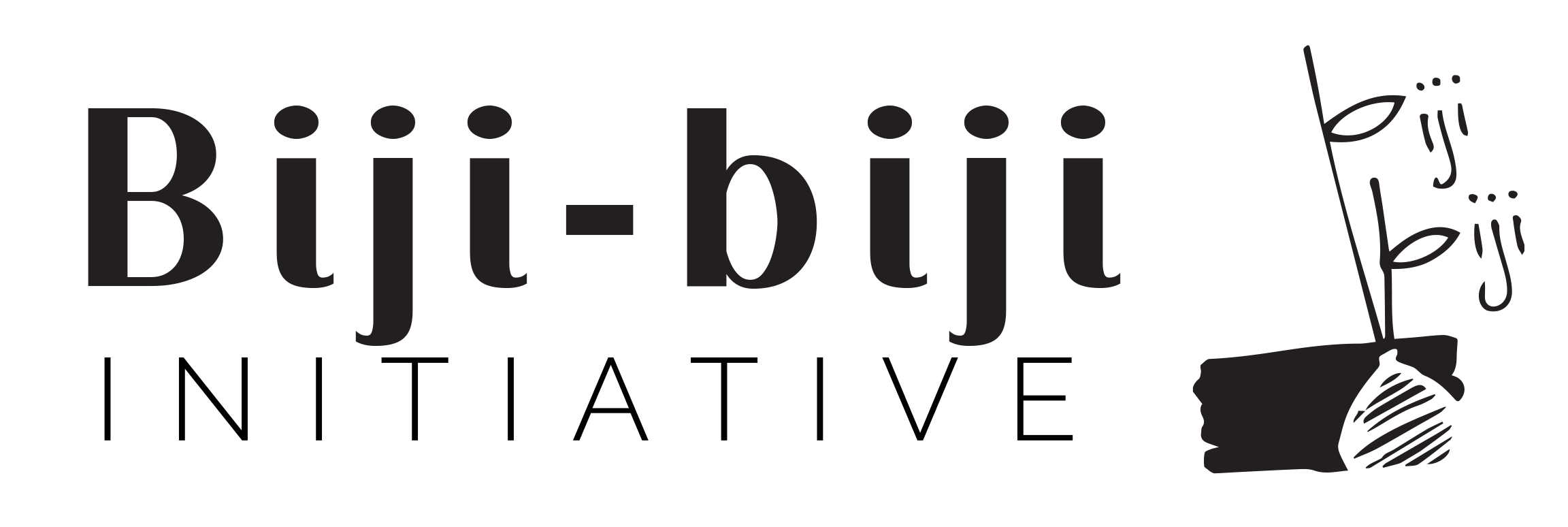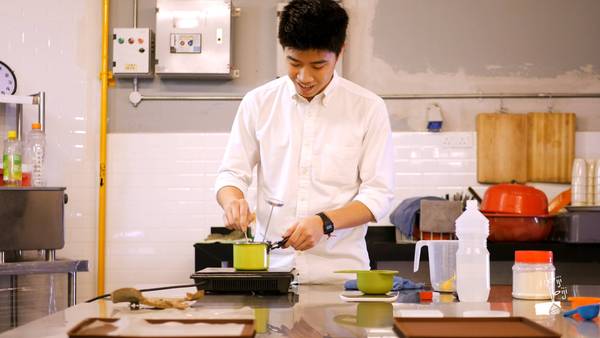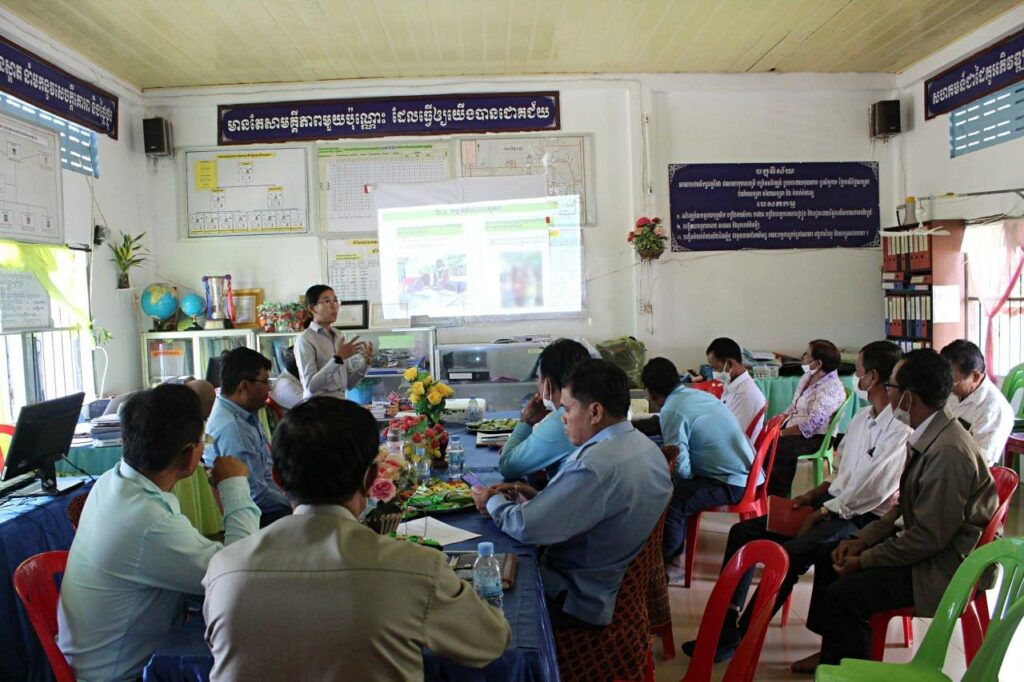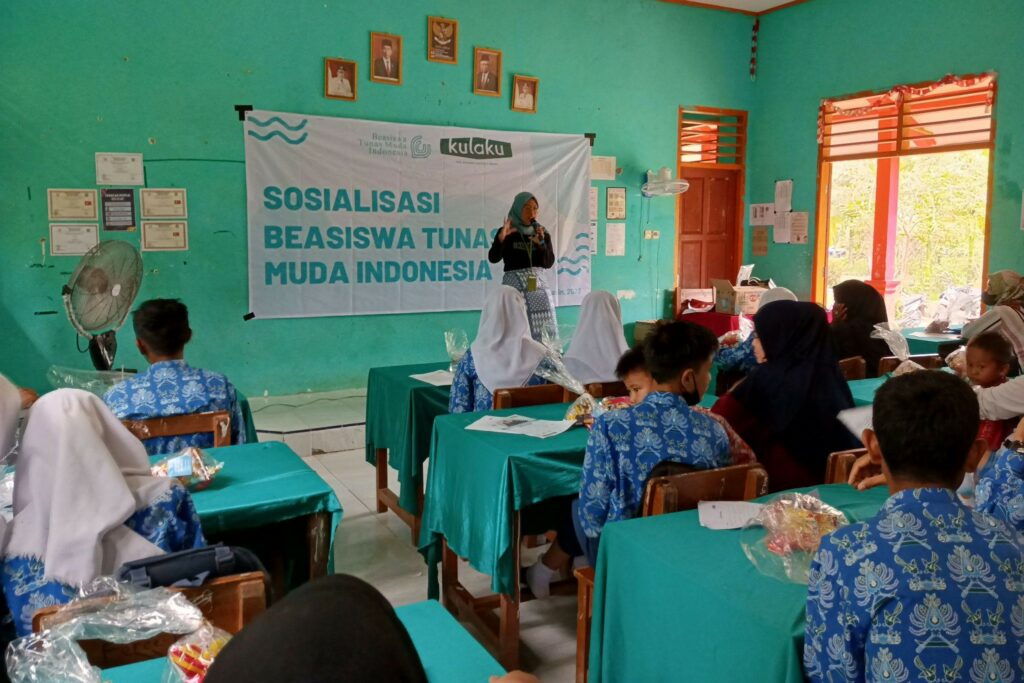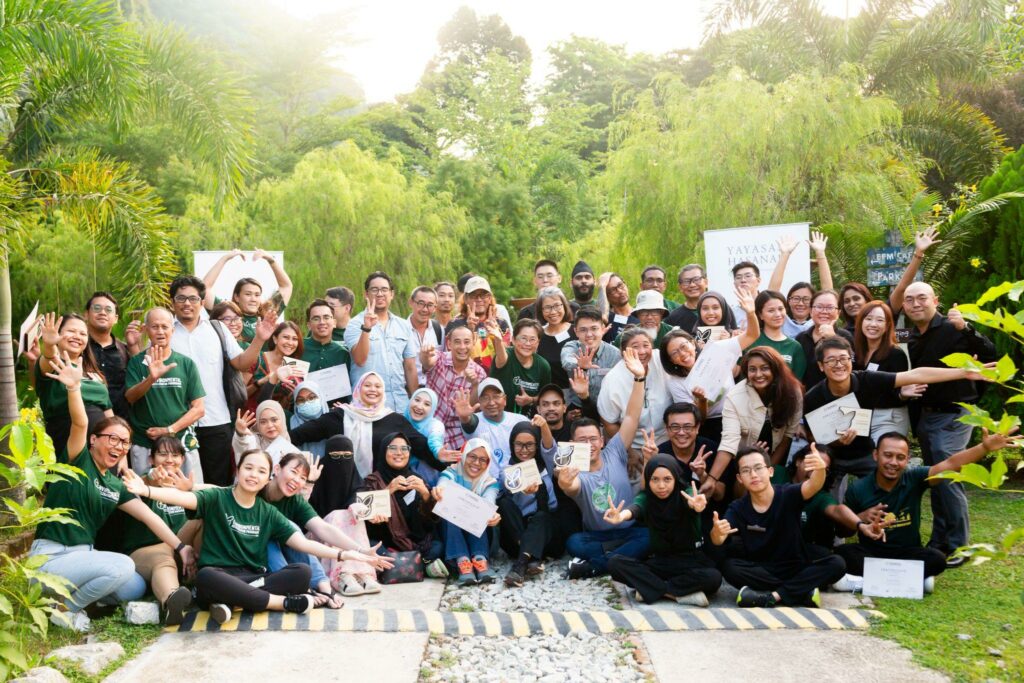For the last 5 years, we, at Biji-biji Initiative, have constantly encouraged the public to re-imagine waste and, this year specifically, to plastic waste. Our Re-Imagine Consumption campaign is one of our approaches to educate the public on the importance of plastics. Currently, when we consume a plastic product, we do not feed it back into the system that gives it a second life and thus, failing to prevent it from being disposed of to our landfills, or natural environment. With this campaign, it helps to expand people’s understanding of how the unique and remarkable characteristics of plastics can play a major role in a more sustainable, circular and resource-efficient future.
To find out more on this, watch our second episode of the Re-Imagine Plastic video.
What are bioplastics?
Bioplastics are plastics derived from renewable biomass sources, such as vegetable fats and oils, corn starch or food waste. The greatest advantages of a burgeoning bioplastic industry are a smaller energy footprint and a less polluted ecosystem. It is said in theory, the problem of overflowing landfills can actually be addressed through increased use of bioplastics.

A question asked on the Biji-biji Initiative’s Youtube channel.
Many would assume that anything “bio-based” is biodegradable, this is not the case. In fact, bioplastics can remain intact for decades, especially if they are not discarded properly. Some municipalities don’t even have the facilities to sort, compost, or recycle bio-plastics, so everything could end up in a landfill anyway. So, it can be very difficult for consumers to discern which bioplastics they’re using are biodegradable or compostable, and which conventional plastics they’re using are biodegradable, compostable, or otherwise recyclable. Therefore, for it to be widely used, we have to get better at informing and educating the public about what bioplastics are, how they can benefit us and the environment, and how it can be refined through further R&D.
It is true that plastic pollution has negative impacts on both humans and the wildlife. However, it is so important to note that plastic is a unique material with many benefits; it’s cheap, versatile, lightweight, and resistant. This makes plastic valuable and plays a critical role for many functions (e.g., food safety). We need to stop thinking of plastic as ‘waste’. In the end, it is our job as consumers, to be aware of our impact on the ecosystem. If possible, we should prevent all kinds of pollution, waste and unnecessary use of resources. By recognising the value of plastic waste, we can then educate and inspire those to change their mindsets and behaviours that can create a lasting impact on the nation.
Give our video a like and subscribe to Biji-biji Initiative’s Youtube Channel! Let us know how you value plastic in the comments below.
Stay tuned for Episode 3: Creativity.
Drop us a message at [email protected] now!
